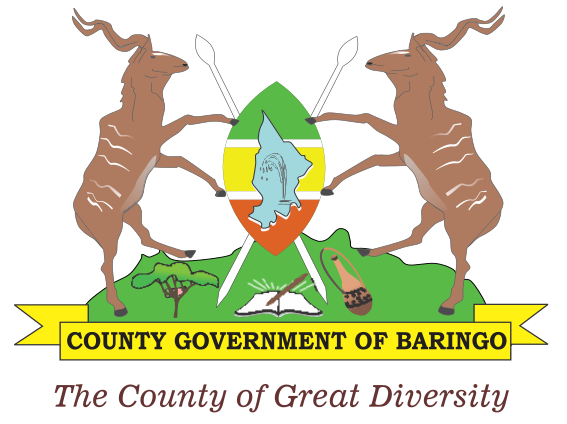The Baringo county government developed a concrete road map in 2015 for the revival of the coffee sub-sector which local farmers had abandoned due to fluctuation in market prices, lack of access to affordable farm inputs such as seedlings, fertilizers and chemicals, a problem that made producers protest by cutting down the coffee bushes.
The roadmap culminated in the establishment of a Sh100 million Baringo Cha Coffee mill in Katimok, Baringo North Sub County, which started running from June 2020. The feat was achieved through collaboration between the National Government and the County Government of Baringo which facilitated the signing of a Memorandum of Understanding with a Korean Investor, Rev Cha Bo Yong towards the construction of the ultra-modern coffee mill two lines that can mill both parchment and mbuni beans.
The machine has a lab, warehouse and information Centre to boost farmers’ income through value addition.The factory has a milling capacity of 1.0 tons per hour has reduce the cost of milling services, transportation costs and sometimes short-changing of grades in mills far away from the farmers.
Buoyed by the commissioning of the first ever coffee mill in the region, farmers in Baringo are intensifying their venture in coffee farming. From increased activity in the value chain, farmers earned 45M from sale of 80 tonnes through direct market in 2023. Farmers who sold their coffee through direct coffee market in S. Korea received promptly their payment of KES 25M. Earning the current price of Shs 565 per kilo of Coffee up from Shs 280 in 2013, farmers can now afford to educate their children and enjoy a decent life with the proceeds from their coffee produce.
To further support consolidate and expand the gains so far made, the county government has intensified planting of coffee by providing farmers with subsidized coffee seedlings worth KES 30 million in the last 10 years. It has supplied farmers with over 100,000 seedlings and supported coffee farmer societies with 600 kilos of certified seeds to raise seedlings for supply to its members. In 2020 alone 30,000 coffee seedlings were supplied to our farmers in a bid to increase acreage of land under coffee from 700 hectares in 2013 to 3,000 hectares by the year 2022.
The cash crop mostly grown in rural areas is considered organic by default because majority of farmers still use compost manure instead of using inorganic fertilizers. This gives Baringo Coffee a unique taste and therefore a competitive edge.
